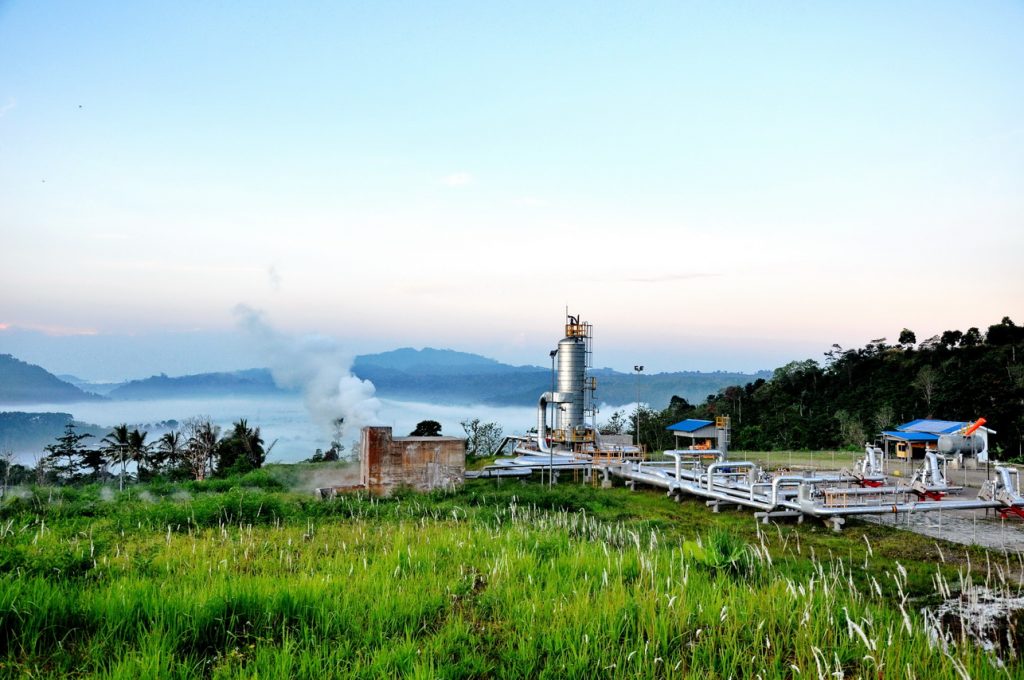PGE gets 2nd highest ESG rating from Sustainable Fitch

Pertamina Geothermal Energy has been assigned a good EGS performance rating by Sustainable Fitch, a testament to the Indonesian company’s positive environmental and social impact.
Indonesia state-owned geothermal developer and operator PT Pertamina Geothermal Energy (PGE) has been assigned a an ESG Entity Rating of ‘2’ by Sustainable Fitch. This is the 2nd highest possible rating based on the proprietary ESG Rating methodology, a testament to the environmental benefits of PGE’s geothermal activities.
Sustainable Fitch was established as a division by financial information services company Fitch Solutions to provide objective and full assessment of the ESG performance for all asset classes globally. ESG pertains to Environment, Social, and Governance, a range of non-financial factors that reflect an entity or transaction’s impact on such matters and demonstrates their sustainability credentials to key stakeholders.
PGE was granted a rating of ‘2’ indicating a ‘good ESG performance’ after scoring 77 out of 100 based on Fitch’s ESG Rating methodology. Fitch views PGE’s geothermal activities as positive from an environmental perspective. The life-cycle emissions of PGE’s three largest geothermal work areas – Kamojang, Lahendong and Ulubelu, which together accounted for 88.4% of its 2021 production volume – are lower than the EU taxonomy’s threshold of 100gCO2e/kWh for geothermal production activities.
PGE also has environmental policies covering relevant material ESG topics, and those include its commitment to measure, monitor and mitigate its environmental impact.
The relatively low level of gender diversity, as well as the lack of long-term and corporate-level environmental targets, weighed down the EGS Rating of PGE. Fitch noted that gender diversity in PGE has been gradually improving since 2019.
In 2019, Fitch Solutions classified Indonesia as one of the outperformers in geothermal power, citing their huge potential and current capacity that is second only to the U.S. However, Fitch also cited the low power tariffs and the abundance of hydrocarbon reserves in Indonesia as factors that can hamper the growth of the geothermal sector.
Source: Sustainable Fitch